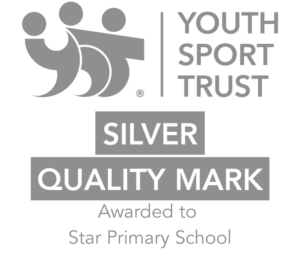Rights Respecting Schools Award
The Rights Respecting Schools Award puts children’s rights at the heart of schools using the UN Convention on the Rights of the Child (UNCRC.) It is granted by Unicef UK who work with schools to create safe and inspiring places to learn, where children are respected, their talents are nurtured and they are able to thrive. The Rights Respecting Schools Award embeds these values in daily school life and gives children the best chance to lead happy, healthy lives and to be responsible, active citizens. There are three stages to the award: Bronze, Silver and Gold.
Together the entire school community learn about children’s rights and put them into practice every day. The Award is not just about what children do but also, importantly, what adults do. In Rights Respecting Schools children’s rights are promoted and realised, adults and children work towards this goal together. The Award recognises a school’s achievement in putting the United Nations Convention on the Rights of the Child into practice within the school and beyond.
There are four key areas of impact for children at a Rights Respecting school; wellbeing, participation, relationships and self-esteem.
The difference that a Rights Respecting School makes goes beyond the school gates, making a positive impact on the whole community.
- Children are healthier and happier.
- Children feel safe.
- Children have better relationships.
- Children are empowered to become active and involved in school life and become global citizens in the wider world.
Schools Awarded Primary Science Quality Mark
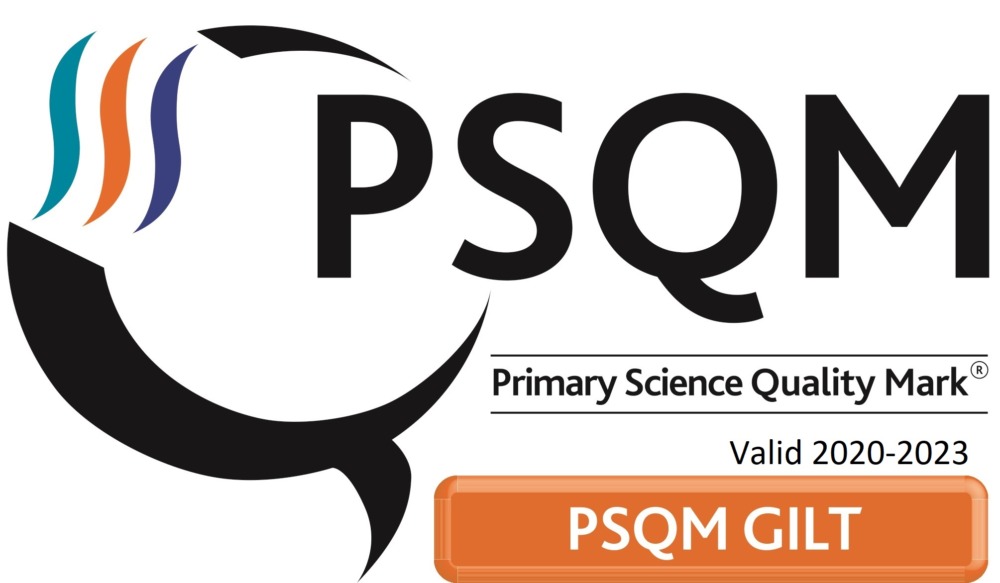 Primary Science Quality Marks have been awarded to 200 infant, junior, primary, middle and special schools to celebrate a commitment to excellence in science teaching and learning. So far, since its national launch in 2010, over 4000 schools across the UK have achieved a prestigious Primary Science Quality Mark.
Primary Science Quality Marks have been awarded to 200 infant, junior, primary, middle and special schools to celebrate a commitment to excellence in science teaching and learning. So far, since its national launch in 2010, over 4000 schools across the UK have achieved a prestigious Primary Science Quality Mark.
The Primary School Quality Mark programme ensures effective leadership of science, enables schools to work together to share good practice and is supported by professional development led by local experts. It encourages teacher autonomy and innovation while at the same time offering a clear framework for development in science subject leadership, teaching and learning. Schools that achieve PSQM demonstrate commitment and expertise in science leadership, teaching and learning.
The Primary Science Quality Mark is led by the University of Hertfordshire, School of Education in collaboration with the Primary Science Teaching Trust.
Associate Professor Jane Turner, PSQM National Director said: “There was never a more important time for primary children to have a high-quality science education. The Coronavirus Pandemic has made everyone aware of the impact of science on our daily lives. Primary schools have an important role to ensure that children understand how science works and keeps us healthy and safe. Schools that have achieved a Primary Science Quality Mark have demonstrated a significant commitment to science teaching and learning, even at this challenging time for schools. The profile and quality of science in each awarded school is very high. Children are engaging with great science both in and outside the classroom, developing positive attitudes towards science as well as secure scientific understanding and skills. Science subject leaders, their colleagues, head teachers, children, parents and governors should be very proud.”
Newham Learning Partnership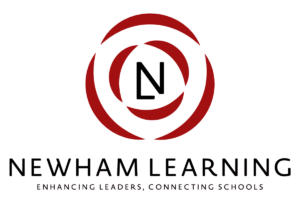
BSquared
BSquared are all about showing the small steps of progress pupils with SEND make.
Their Connecting Steps assessment software makes teachers’ lives easier and saves them time, by helping them identify next steps and helping them show the progress the pupil has made in a variety of ways. Connecting Steps simplifies tracking, assessing and reporting progress. It works differently to other assessment software, focusing on continuous assessment to help pupils achieve their full potential.
School Games Mark
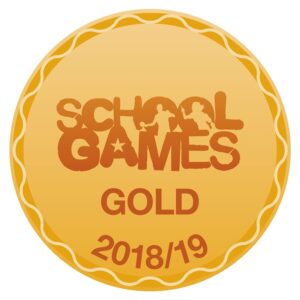
Each School Games Mark application is divided into four sets of questions. They cover the following basic topics…
- Participation – how many young people at your school are being engaged in sporting activity?
- Competition – how many different sports are being played and how many competitions are being entered?
- Workforce – how many pupils are involved in leadership activities alongside taking part in competitions?
- Clubs – how many local links does your school have with clubs or establishments from the area.
IQM Flagship Award
Inclusion is Embedded
“In summary, Star Primary School is an excellent example of a school where there has been highly inclusive practice in terms of pupils, their families, staff members, the local community and other educational establishments, for a number of years. This year the senior leadership team included into their assessment day the SENDCo of a local school, registered with IQM but not yet active, in hopes that the experience might enable her to see that membership of IQM is developmental and that every annual target builds on the successes of previous work. Every year in the light of new trends in education, new evaluations of Star outcomes and new challenges set by young people and their families, the Head Teacher and the Senior Leadership Team set the expectations of a child-centred and inclusive education at the highest levels and the staff body rise to their expectations. As an assessor I value the fact that these senior leaders welcome and enjoy the challenges set by IQM and that they continue to search for ways in which to effect change more widely as a Flagship.”
Click here to read more about Star Primary School’s Flagship status.
Healthy Schools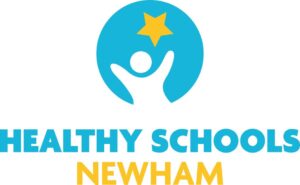
Supporting children’s health and wellbeing is nothing new to London’s schools. With the support of the boroughs’ education departments, more than nine out of ten achieved “Healthy School Status” under the national programme that ran between 1997 and 2011.
In 2011, the London Health Improvement Board agreed to help schools continue this track record by developing a programme tailored specifically for London. Although the programme was part of a project to tackle child obesity in London, the Board recognised that the potential benefits would go much further.
From April 2013, the programme is sponsored by the Mayor of London, and is being delivered by a small team in the Greater London Authority.
The programme will therefore help schools to refresh, revive and re-establish the healthy environments they worked hard to develop.
I Belong Champion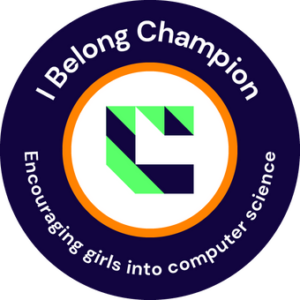
Computer science is the fastest-growing STEM subject, and yet, despite its popularity, girls are consistently outnumbered by boys. In 2023, only one in five GCSE Computer Science and 15% of all A level Computer Science entries were from female students in England.
This evidence-informed programme aims to help teachers and leaders understand the barriers to girls’ participation in computer science and make a plan to overcome them. They offer curated resources, training and implementation support to empower you with the tools to support more girls into computer science qualifications and careers.
Magic Breakfast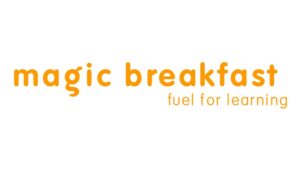
Magic Breakfast’s aim first and foremost is to end hunger as a barrier to education through the provision of healthy breakfasts to school children. Because of this 200,000 children at risk of hunger can access a nutritious breakfast every day. Every week Star provides parents with breakfast supplies and bagel stations are available each morning. At Star no child should start the day hungry.
R.E. Quality Mark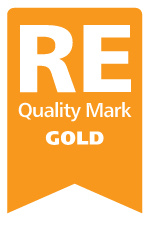
REQM recognises outstanding learning in religious education. We have been awarded the Gold REQM. The RE Quality Mark has been developed to celebrate good RE in all sectors and phases of education in England, Northern Ireland and Wales.
The REQM team believes that religious education has a unique contribution to make to young people’s development and to our wider community..RE provides space in the curriculum where learners and their teachers can explore the important ideas about what it means to be human and to learn about religion and worldviews. RE is full of the big questions of meaning and purpose, how we celebrate and how we decide what is right and wrong. The REQM team enjoys working with schools and pupils finding out what they enjoy about religious education and what could make it even better.
The RE Quality Mark has been managed by the RE Council of England and Wales since 2015.Where RE is well taught it gives pupils and students the chances to think about, reflect and respond to matters of faith, belief and values through the study of religion and worldviews. Pupils say RE opens their eyes to how others see the world and gives them the chance to express their insights about how we respond to the big questions of being human. The RE Quality Mark was developed by Jane Brooke and Mary Myatt as a way of celebrating high quality practice.
Eco-Schools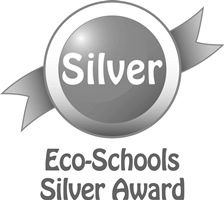
In our experience, school staff and pupils care deeply about environmental issues and have a strong desire to actively protect our planet. However, environmental issues such as climate change, biodiversity loss or plastic pollution are large global issues and the thought of tackling them can be intimidating. Many of those interested in promoting education-based eco-action will wonder:
- How and where do I begin?
- How can I involve and engage young people?
- How can I retain focus and momentum?
- How can we have a positive impact on issues so numerous, overwhelming and global such as the climate crisis or marine plastic pollution?
The Eco-Schools programme provides a solution to all these questions. Our Seven Step Framework has been designed as a very simple environmental management system that empowers young people to introduce and lead environmental actions and education in their school.
As pupils work through the Seven Steps they are able to pick three of our ten Eco-Schools topics to work on. All the Eco-Schools topics help young people engage with environmental issues that are important to them and their local community. They also cover a huge range of sustainability issues including the climate crisis, plastic pollution and biodiversity loss… each topic is also entirely open to pupil interpretation.
The simplicity of the Eco-Schools Seven Step structure makes our programme flexible, meaning it can be adapted and used in any education setting whether nursery, primary, secondary, college, SEND settings or Pupil Referral Units.
STARS – Sustainable Travel: Active, Responsible, Safe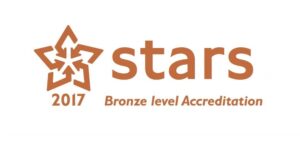
STARS is TfL’s accreditation scheme for London schools and nurseries. STARS inspires young Londoners to travel to school sustainably, actively, responsibly and safely by championing walking, scooting and cycling.
STARS supports pupils’ wellbeing, helps to reduce congestion at the school gates and improve road safety and air quality.
We take an annual hands up survey throughout the school to see how our pupils travel to school, we then try to improve our sustainable travel each year. We promote walk to school weeks and encourage our children to walk, cycle or scooter to school when they can.
Youth Sports Trust
The Youth Sport Trust equips educators and empowers young people with the vision of creating a future where every child enjoys the life-changing benefits of play and sport.
Five big issues we are working to tackle:
- Only 45% of young people are meeting the Chief Medical Officer guidelines of taking part in sport and physical activity for an average of 60 minutes or more every day (Sport England, 2021)
- The UK ranked lowest out of 24 European countries for the proportion of 15 year olds with high life satisfaction (PISA, 2018)
- One in seven children are obese by the time they start school, increasing to one in four by year six (NHS, 2021)
- 38% of teachers said their PE provision has declined because core subjects have been given additional time (Youth Sport Trust, 2018)
- One in six children have a probable mental disorder (NHS Digital, 2020).
AquAid
Thanks to our support of AquAid, a variety of water projects have helped bring much needed water to some of the poorest people in Africa. In 2010, wanting to make an even greater impact and create sustainable projects that better empower the less fortunate, AquAid founded the Africa Trust which has been instrumental in uplifting many communities across the continent.



